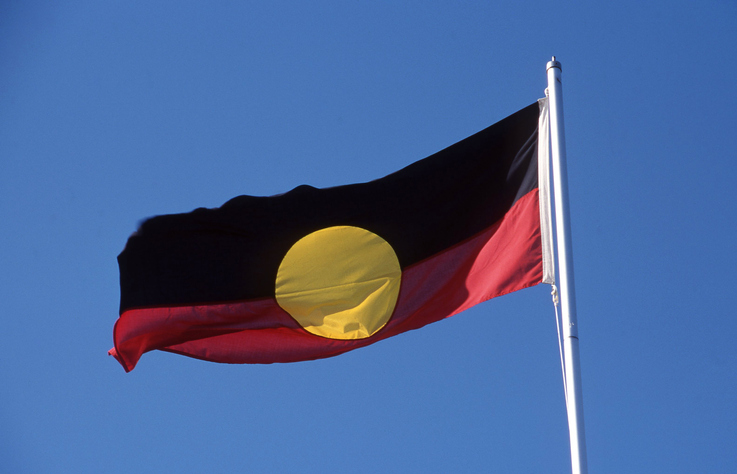
Public servants should exercise judgement when discussing the Aboriginal Voice Referendum privately, should avoid wearing campaign material in the workplace, and should consider taking time off if they are significantly involved in campaigning.
That’s the advice contained in guidelines released by the APSC on Monday outlining what APS employees can and can’t do with regard to their personal engagement with the referendum on an Aboriginal Voice.
The referendum to recognise Aboriginal and Torres Strait Islander peoples in the Constitution by establishing an Aboriginal and Torres Strait Islander Voice will be held between October and December this year.
More seniority, more caution
The guidelines state that the level of caution to be exercised in engaging personally with the referendum increases with seniority.
“Generally, the more senior your APS classification, the greater the risk your personal engagement in the referendum might affect public confidence in the APS,” the guidelines say.
Generally, the more senior your APS classification, the greater the risk your personal engagement in the referendum might affect public confidence in the APS
APSC guidelines
“The more senior an employee, the more difficult it can be to differentiate comments they make in a private capacity from those made on behalf of their agency or Minister.”
Despite this, public servants are free to engage publicly with the debate as long as they do so in a way that is consistent with obligations to maintain public confidence in the integrity and impartiality of the APS.
APS employees have a lot to offer the public conversation as an informed and engaged cohort, the guidelines say.
“APS employees, like all Australian citizens, are entitled to express personal views on the merits of the various positions on the referendum question,” the APSC says.
However, conduct must be lawful and in keeping with the APS Values, Employment Principles, and Code of Conduct.
Campaigning on the Voice
The guidelines say APS employees can be involved in the Yes or No campaigns in a personal capacity. But if they have a “significant role” in a campaign, they should be aware they could face a potential conflict of interest.
“Ways of resolving such conflicts might include taking leave, rearranging existing duties, transferring to other duties, or agreeing to take a less significant role in the campaign,” the APSC says.
APS employees should also not wear or display campaign material in the workplace, and when speaking privately to family and friends it should be made clear that their views are personal.
Prime Minister Anthony Albanese last month released the wording for the referendum, which is part of the government’s commitment to implement the Uluru Statement from the Heart.
The question will read:
“A Proposed Law: to alter the Constitution to recognise the First Peoples of Australia by establishing an Aboriginal and Torres Strait Islander Voice.
Do you approve this proposed alteration?”
The provisions Australians will be voting to approve are:
- There shall be a body, to be called the Aboriginal and Torres Strait Islander Voice;
- The Aboriginal and Torres Strait Islander Voice may make representations to the Parliament and the Executive Government of the Commonwealth on matters relating to Aboriginal and Torres Strait Islander peoples;
- The Parliament shall, subject to this Constitution, have power to make laws with respect to matters relating to the Aboriginal and Torres Strait Islander Voice, including its composition, functions, powers and procedures.
The full APSC guidelines can be viewed here.
Have you taken the Government News Survey?
Comment below to have your say on this story.
If you have a news story or tip-off, get in touch at editorial@governmentnews.com.au.
Sign up to the Government News newsletter